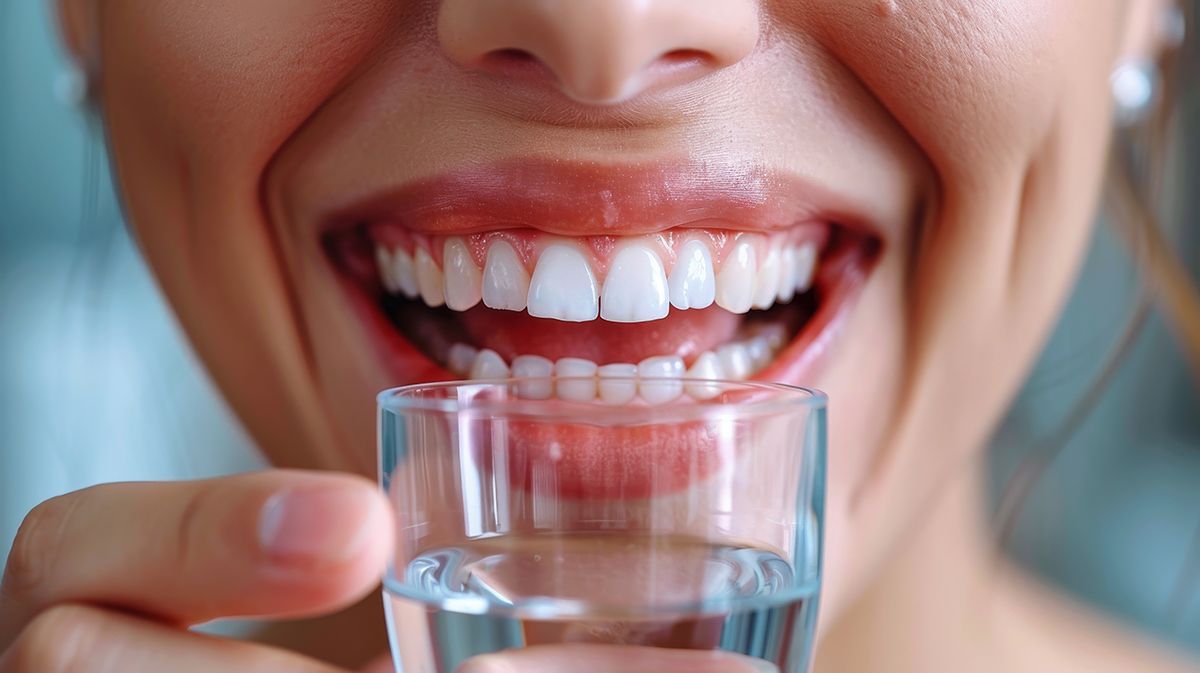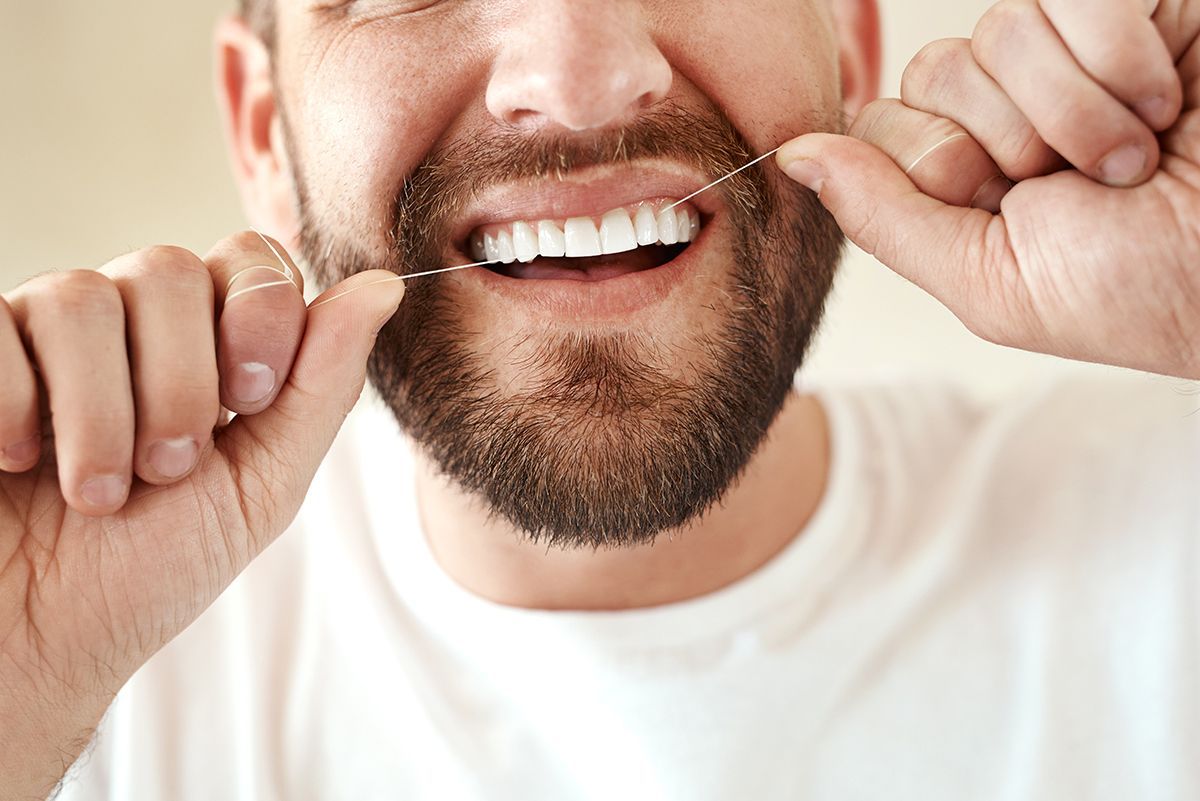First Dental Visit: What Parents Need to Know
A child's first dental visit is a significant milestone that can set the tone for their future oral health habits and attitudes towards dental care. As parents, it’s essential to prepare your child for this visit to ensure it’s a positive experience. At Oadby Dental Clinic we are experts in oral health so we’ve put together an easy to follow guide covering everything parents need to know about the first dental visit, tips for making dental visits fun for kids, and how to manage childhood tooth decay.
When Should the First Dental Visit Happen?
We recommend that a child’s first dental visit should occur by their first birthday or within six months after their first tooth appears, whichever comes first. Early visits help establish a dental home, where your child can receive consistent and comprehensive care.
Preparing for the First Dental Visit
1. Choose the Right Dentist
At Oadby Dental Clinic we can cater to the unique needs of children’s dentistry in Leicester as we are specially trained to handle young patients' anxiety and have kid-friendly offices that make the experience more enjoyable.
2. Talk to Your Child
Explain to your child what to expect during their visit in simple, positive terms. Avoid using words that may cause fear, such as “pain” or “hurt”. Instead, talk about the dentist counting and brushing their teeth to keep them healthy.
3. Read Books or Watch Videos
There are many children’s books and videos available that explain dental visits in a fun and engaging way. These resources can help familiarize your child with what to expect and reduce anxiety.
4. Play Pretend
Role-playing a dental visit at home can help your child feel more comfortable. Use a toothbrush to count and brush their teeth, and then let them play with the dentist with a toy.
5. Schedule Wisely
Choose a time for the appointment when your child is usually well-rested and cooperative. Avoid scheduling during nap times or when they are likely to be hungry or irritable.
What to Expect During the First Visit
The first dental visit is usually short and involves little treatment. The primary goal is to check your child’s oral health and development and to establish a rapport with the dentist.
Here’s what typically happens:
1. Review of Medical and Dental History
We will review your child’s medical and dental history. Be prepared to answer questions about your child’s health, habits, and any concerns you may have.
2. Examination
We will gently examine your child’s teeth, gums, jaw, and oral tissues. They may also perform a gentle cleaning and fluoride treatment if necessary.
3. Education and Guidance
We will provide guidance on oral hygiene practices, diet, and what to expect as your child’s teeth develop. We will also answer any questions you may have.
4. Positive Reinforcement
We will use positive reinforcement techniques, such as praise and small rewards, to encourage good behavior and make the visit enjoyable.

Tips for Making Dental Visits Fun for Kids
1. Create a Positive Attitude
Your attitude towards dental visits will influence your child’s perception. Speak positively about the dentist and avoid sharing any negative experiences you may have had.
2. Use Positive Reinforcement
Praise your child for being brave and cooperative during the visit. You can also offer a small reward, like a sticker or a special treat, as a positive reinforcement.
3. Bring a Comfort Item
Allow your child to bring a favorite toy, blanket, or stuffed animal to the appointment. Having a comfort item can help them feel more secure and relaxed.
4. Make it a Fun Outing
Plan a fun activity after the dental visit, such as a trip to the park or a favorite treat. This can help your child associate the dentist with positive experiences.
5. Stay Calm and Patient
Children can pick up on your emotions, so it’s important to remain calm and patient. If your child becomes anxious or upset, reassure them and try to stay composed.
Managing Childhood Tooth Decay
Childhood tooth decay, also known as early childhood caries, is a common but preventable condition. It’s crucial to manage and prevent tooth decay to ensure your child’s oral health and overall well-being.
1. Understanding Tooth Decay
Tooth decay occurs when bacteria in the mouth produce acids that erode tooth enamel. This can lead to cavities, pain, and infections if left untreated.
2. Risk Factors
Several factors can increase the risk of tooth decay in children, including:
- Frequent consumption of sugary or starchy foods and drinks
- Poor oral hygiene
- Prolonged use of a bottle or sippy cup, especially with sugary liquids
- Lack of fluoride exposure
- A family history of dental problems
Prevention Strategies
- Start Early: Begin cleaning your baby’s gums with a soft, damp cloth even before their teeth erupt. Once teeth appear, use a small, soft-bristled toothbrush and a smear of fluoride toothpaste.
- Brush Twice a Day: Ensure your child brushes their teeth twice a day for two minutes each time. Supervise brushing until they can do it effectively on their own, usually around age 6 or 7.
- Floss Daily: Once your child’s teeth touch, start flossing daily to remove plaque and food particles between teeth.
- Limit Sugary Foods and Drinks: Reduce your child’s intake of sugary snacks, candies, and beverages. Encourage healthy snacks like fruits, vegetables, and cheese.
- Avoid Bedtime Bottles: Do not put your child to bed with a bottle or sippy cup containing anything other than water. Milk, juice, and formula can cause tooth decay when left on the teeth overnight.
- Fluoride Toothpaste: Use fluoride toothpaste in an age-appropriate amount (a smear for children under 3 and a pea-sized amount for those aged 3 and older).
- Fluoride Treatments: Ask your dentist about fluoride treatments to strengthen your child’s enamel and prevent cavities.
- Fluoridated Water: Check if your tap water is fluoridated. If not, consult your dentist about fluoride supplements.
- Early and Regular Check-Ups: Schedule your child’s first dental visit by their first birthday and continue with regular check-ups every six months or as recommended by your dentist.
A child’s first dental visit is an important step towards establishing a lifetime of good oral health. By preparing for the visit, making dental appointments fun, and actively managing and preventing tooth decay, parents can help their children develop positive attitudes towards dental care and maintain healthy smiles. Remember, early intervention and consistent care are key to preventing dental problems and ensuring your child’s overall well-being.
Book your appointment with
Oadby Dental Clinic today!



